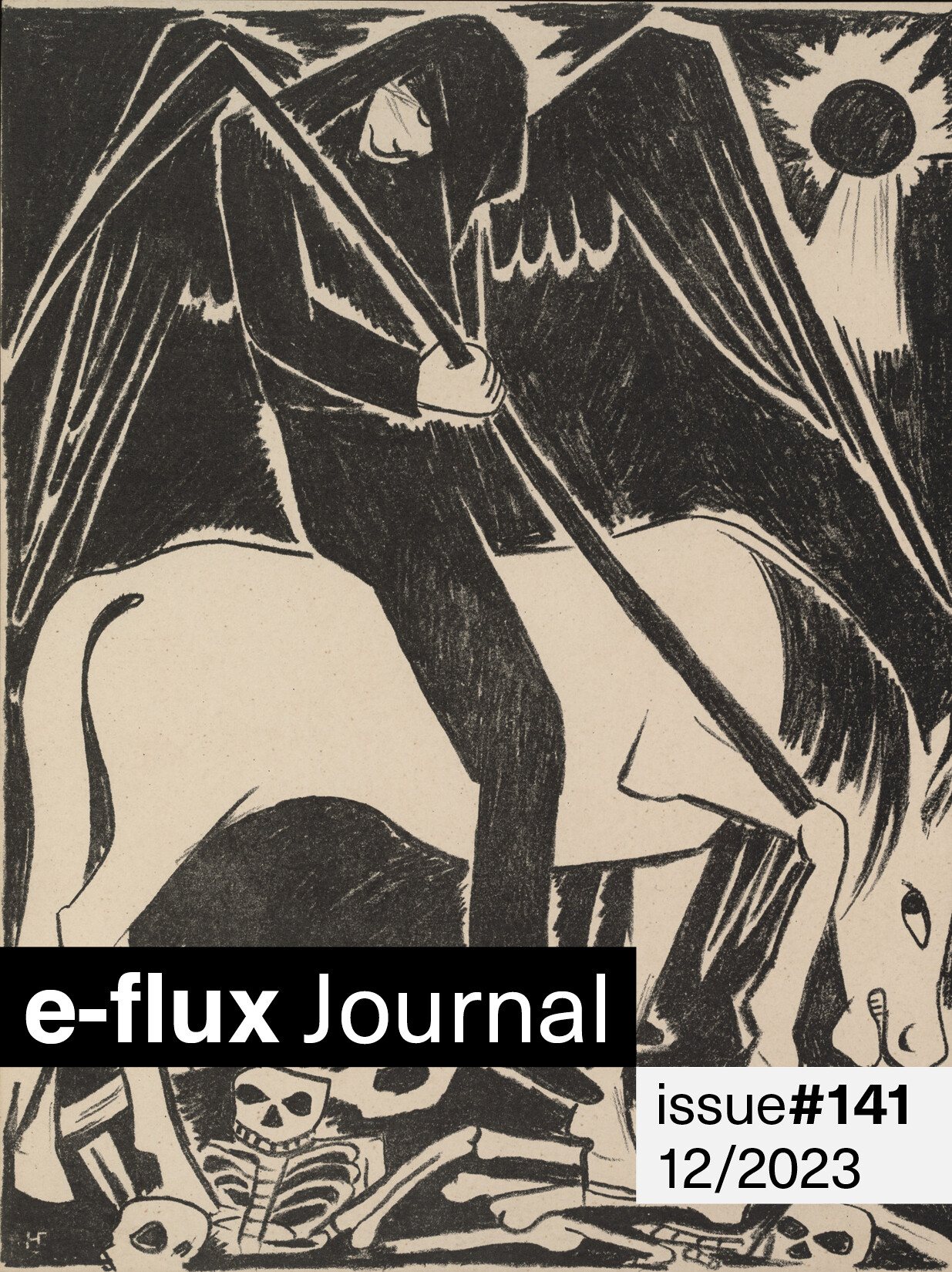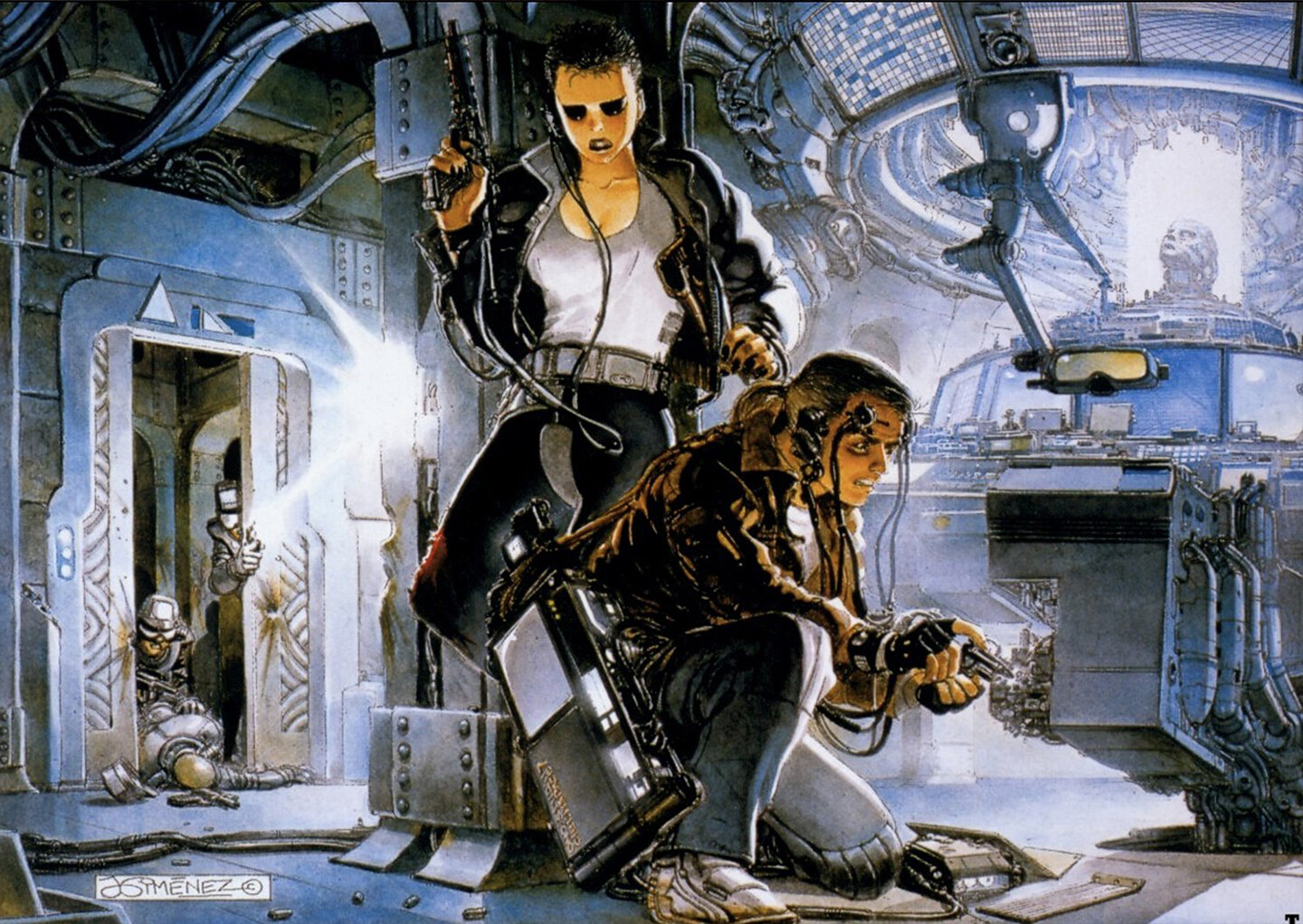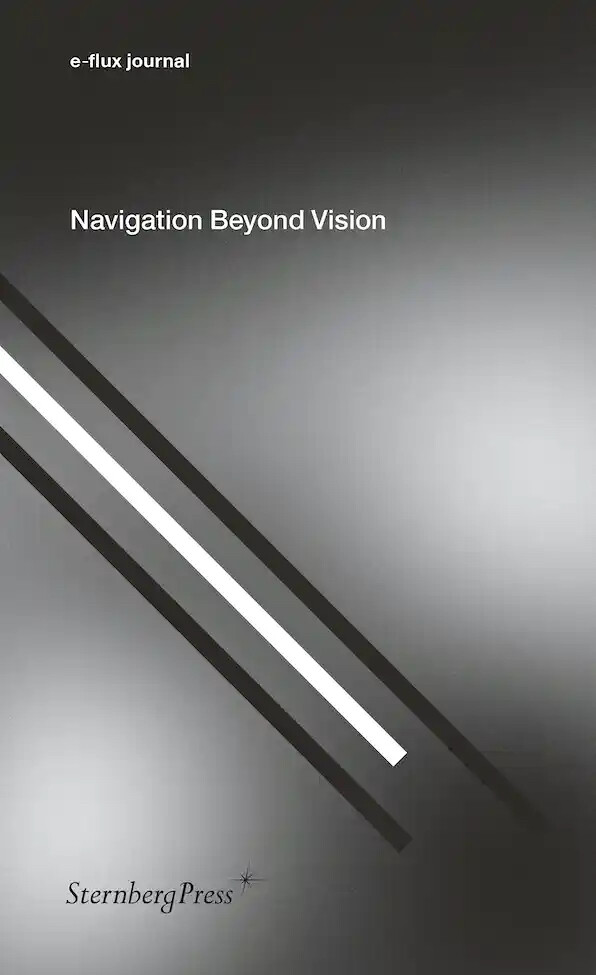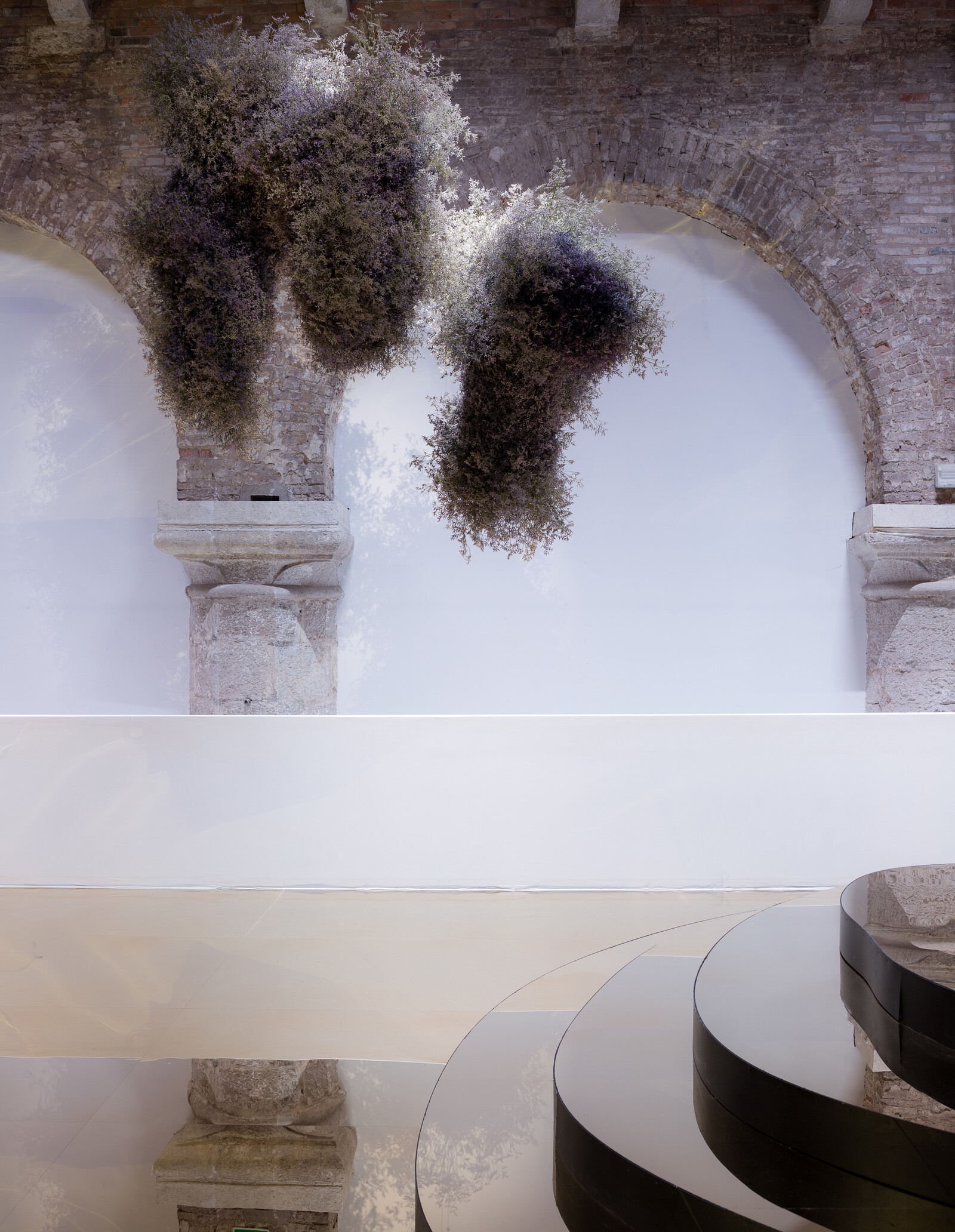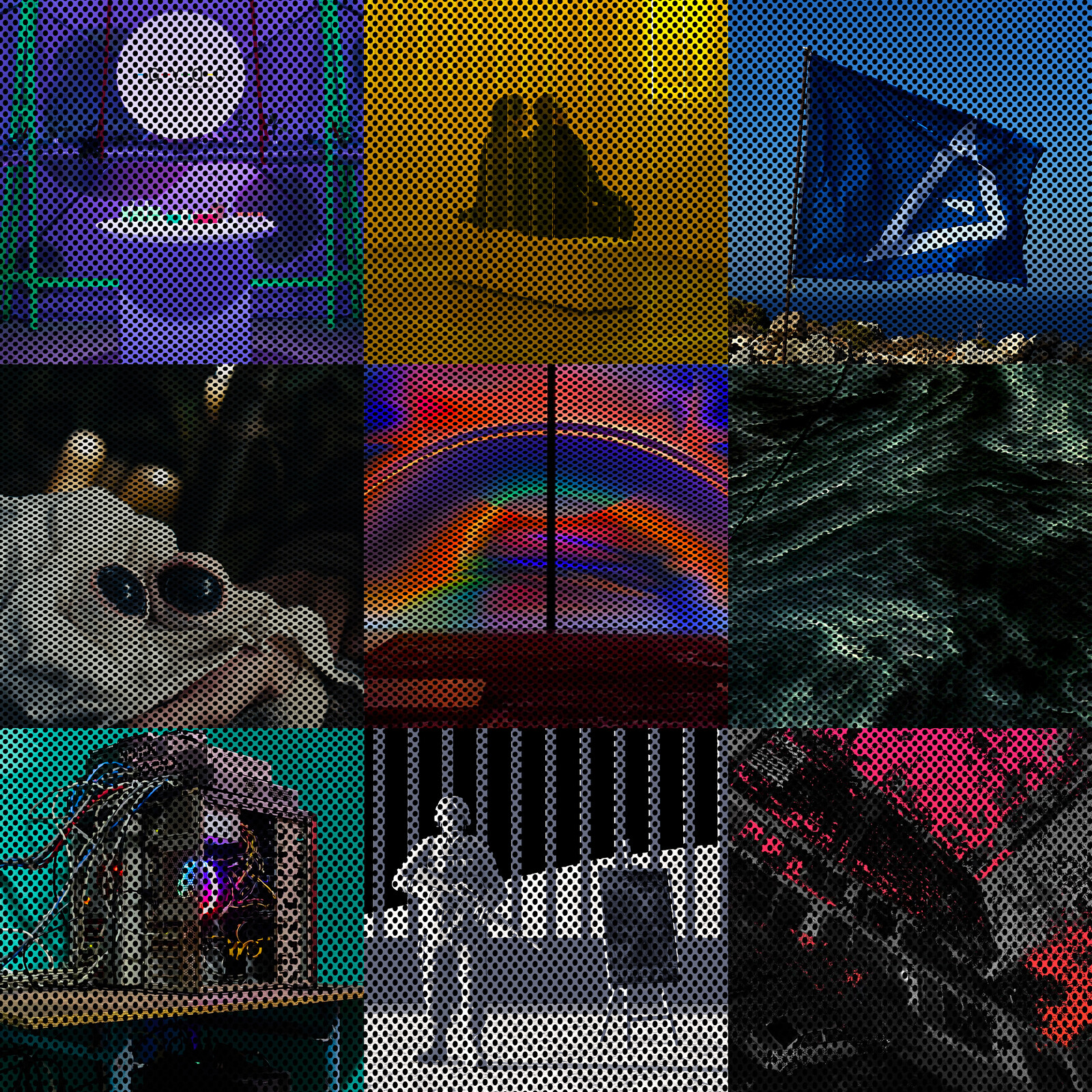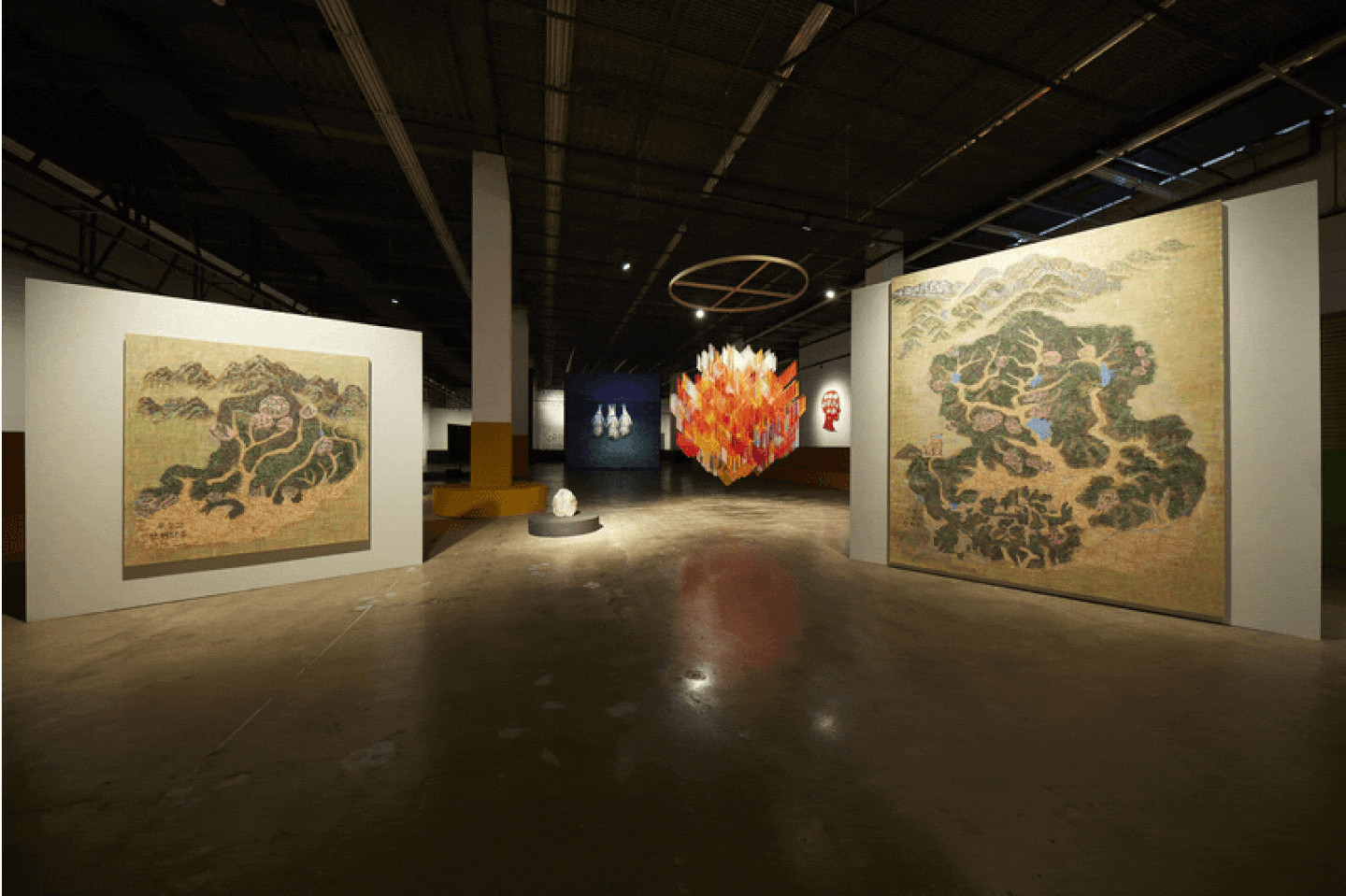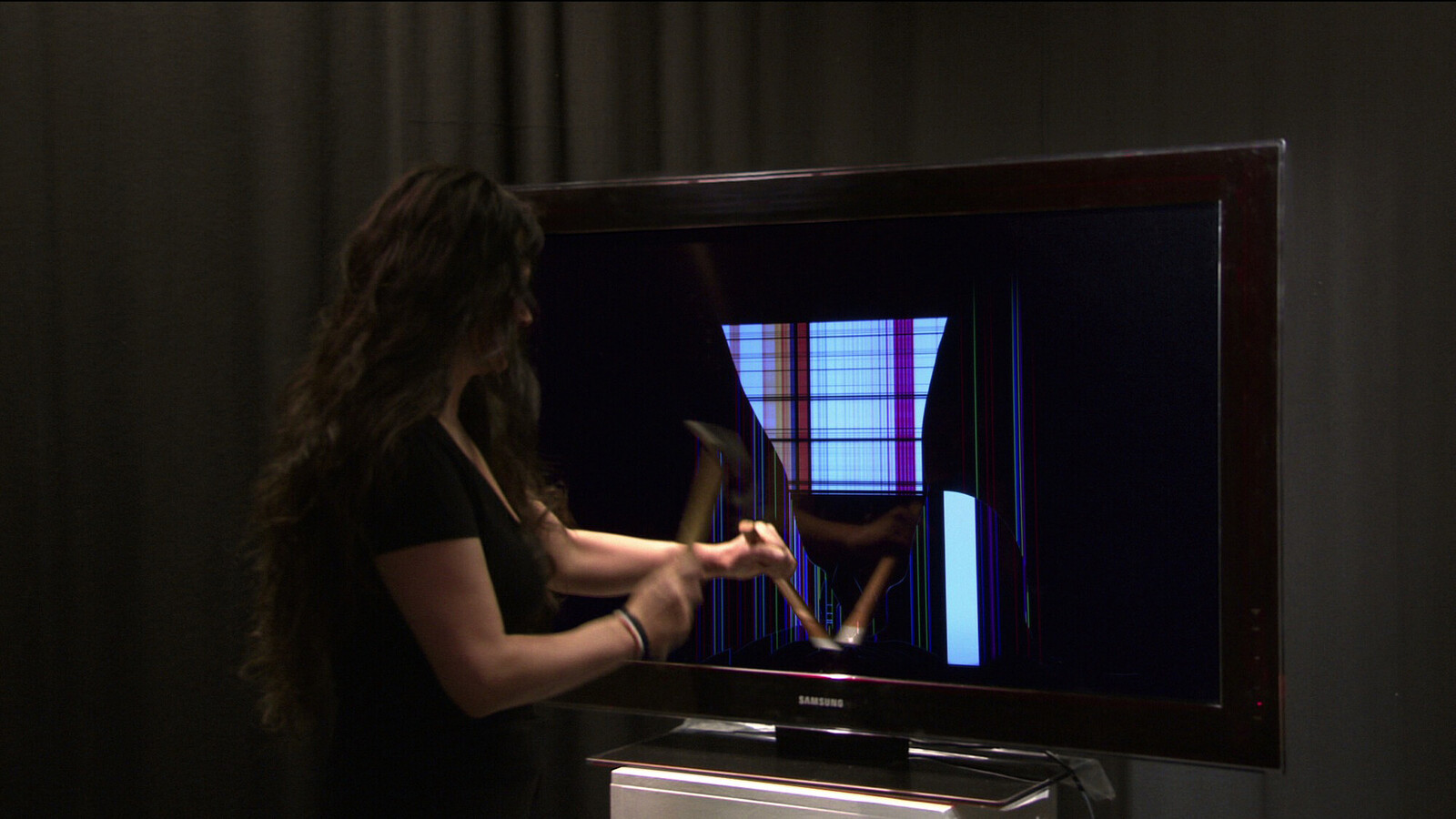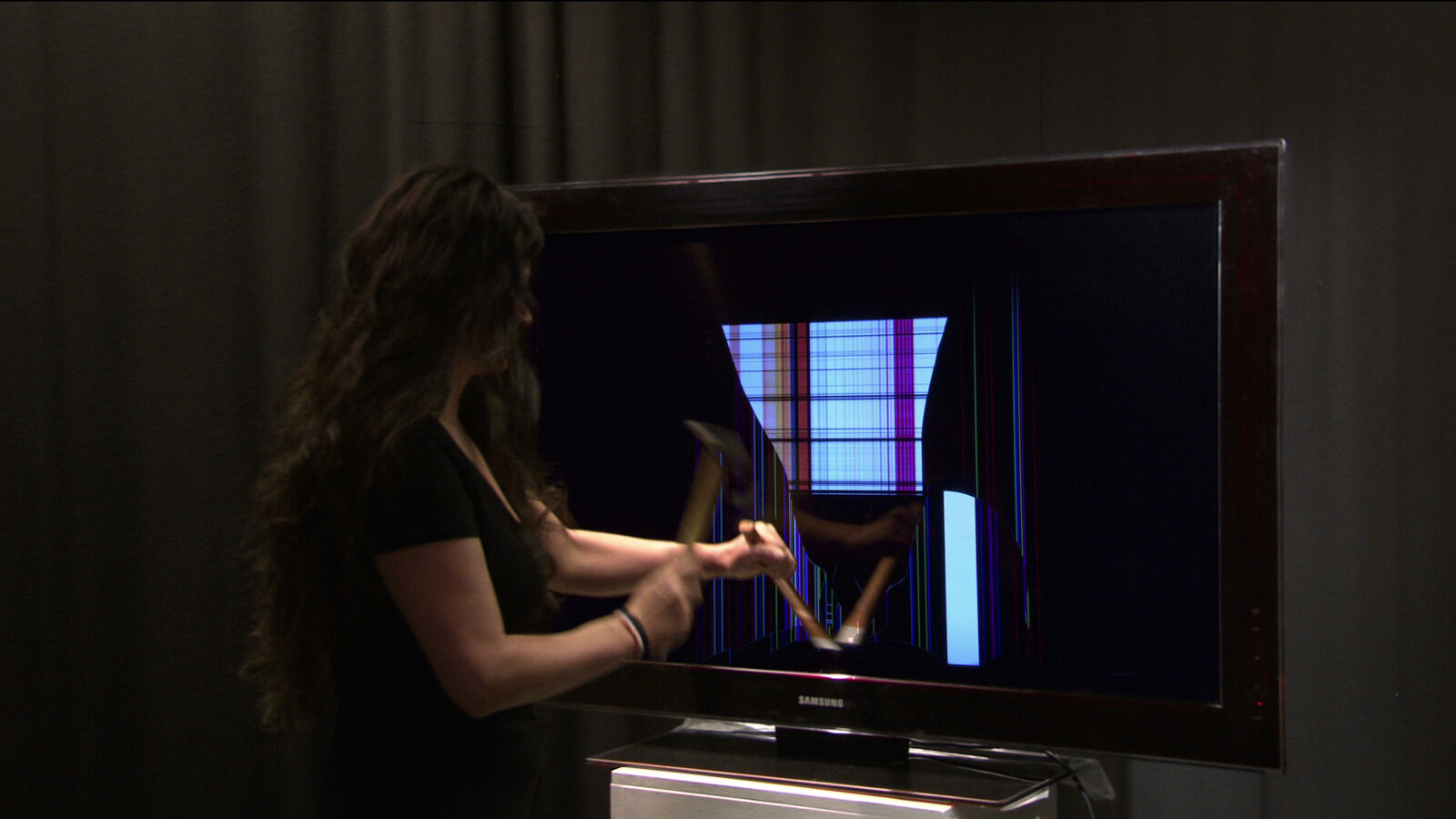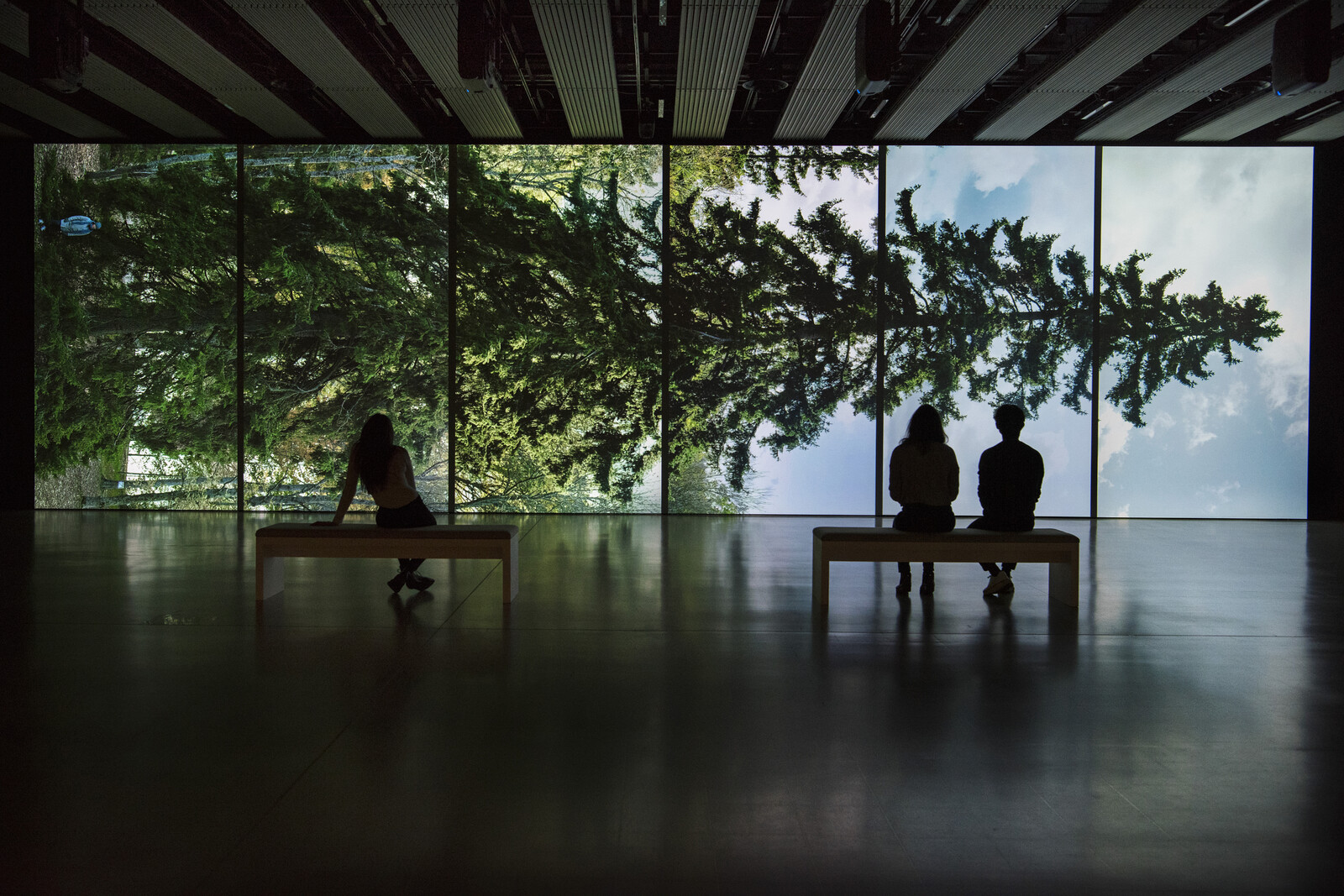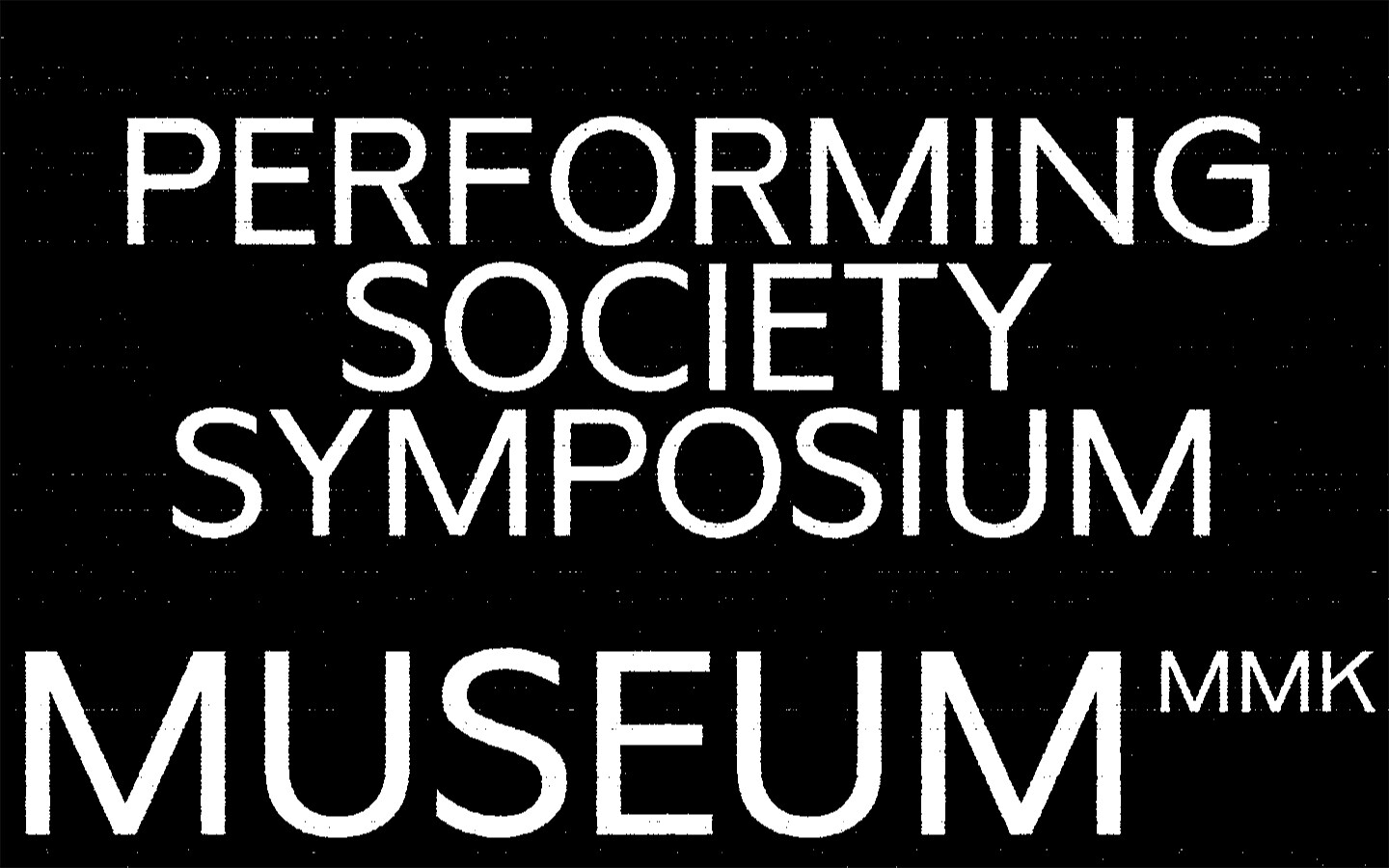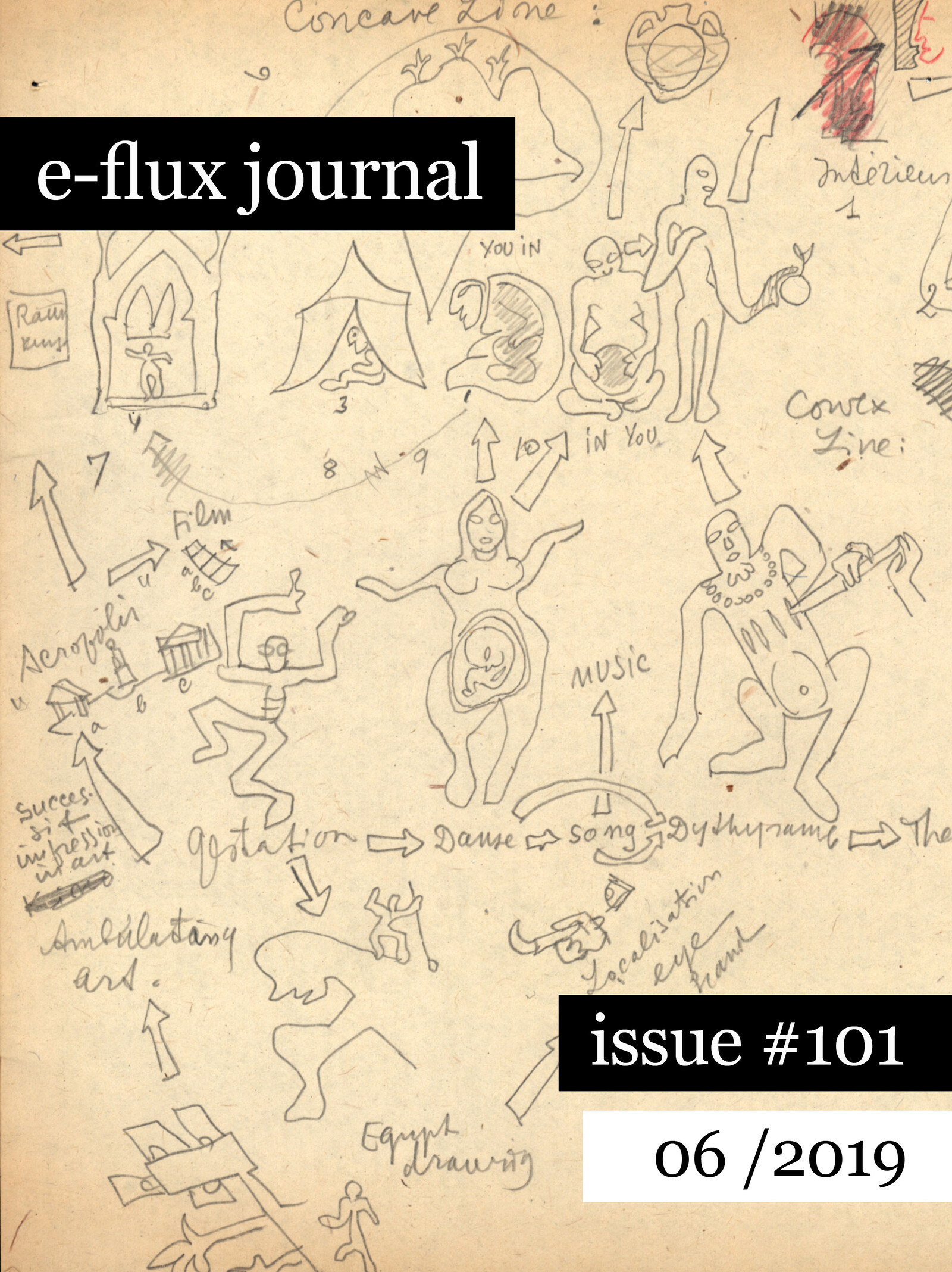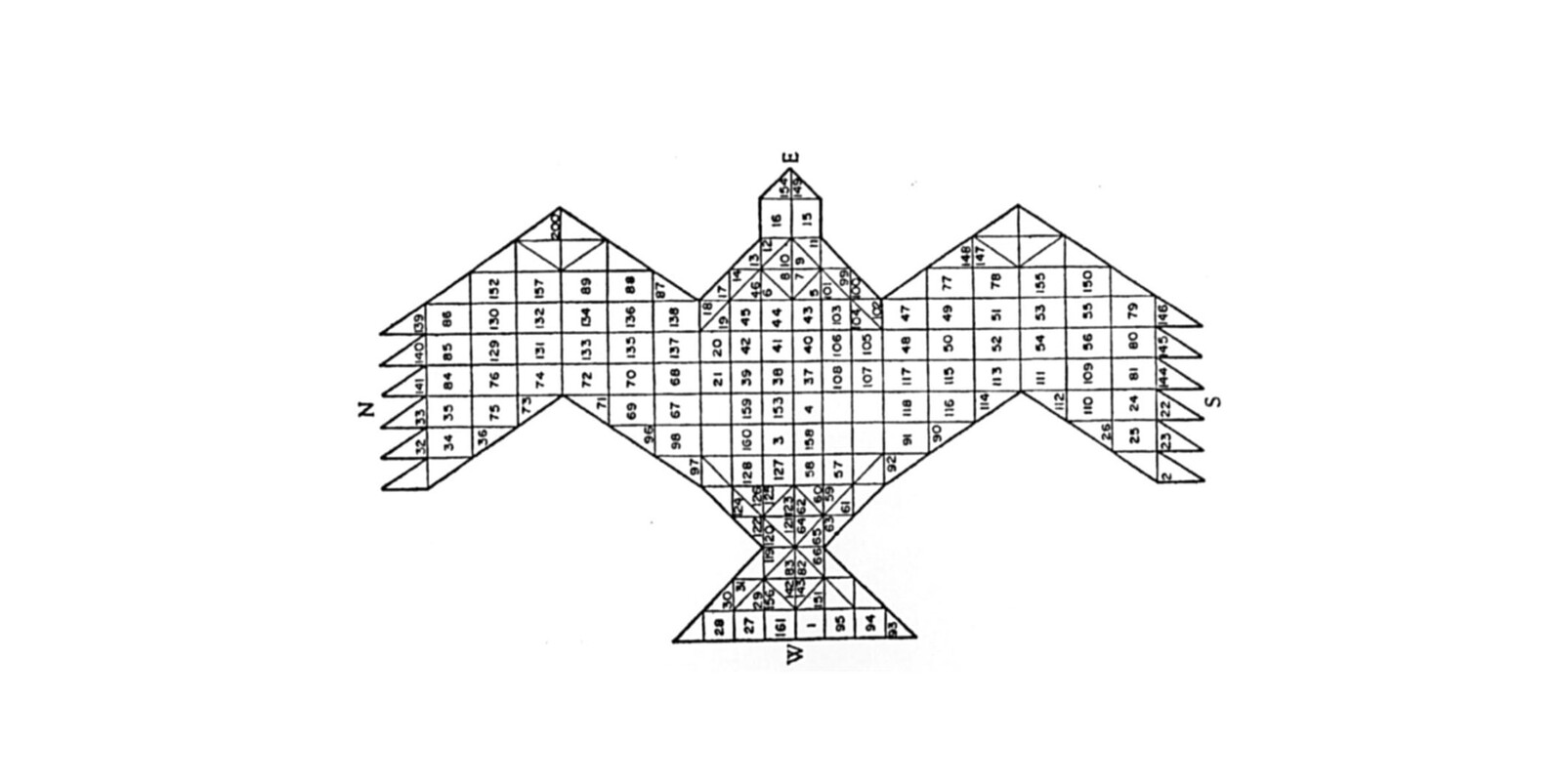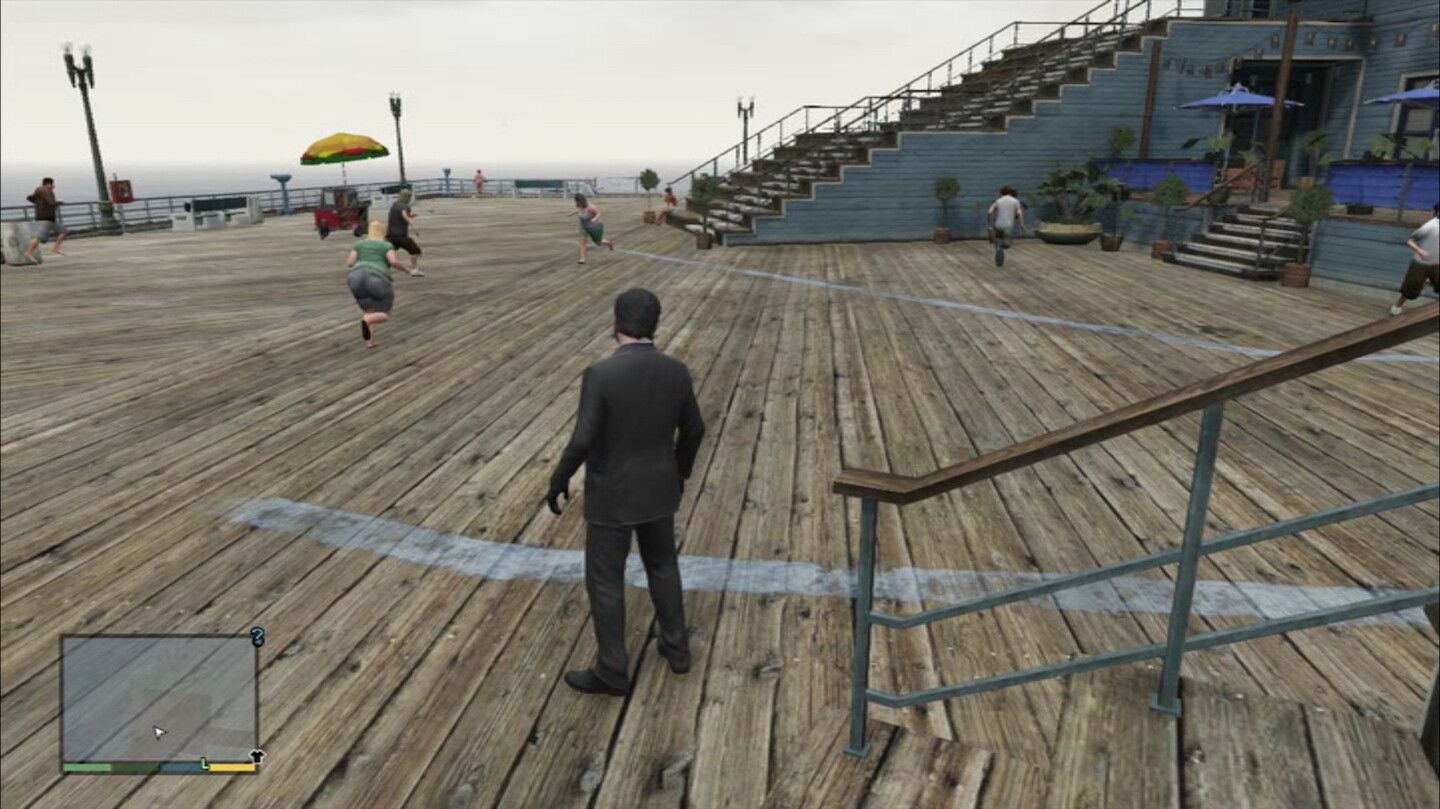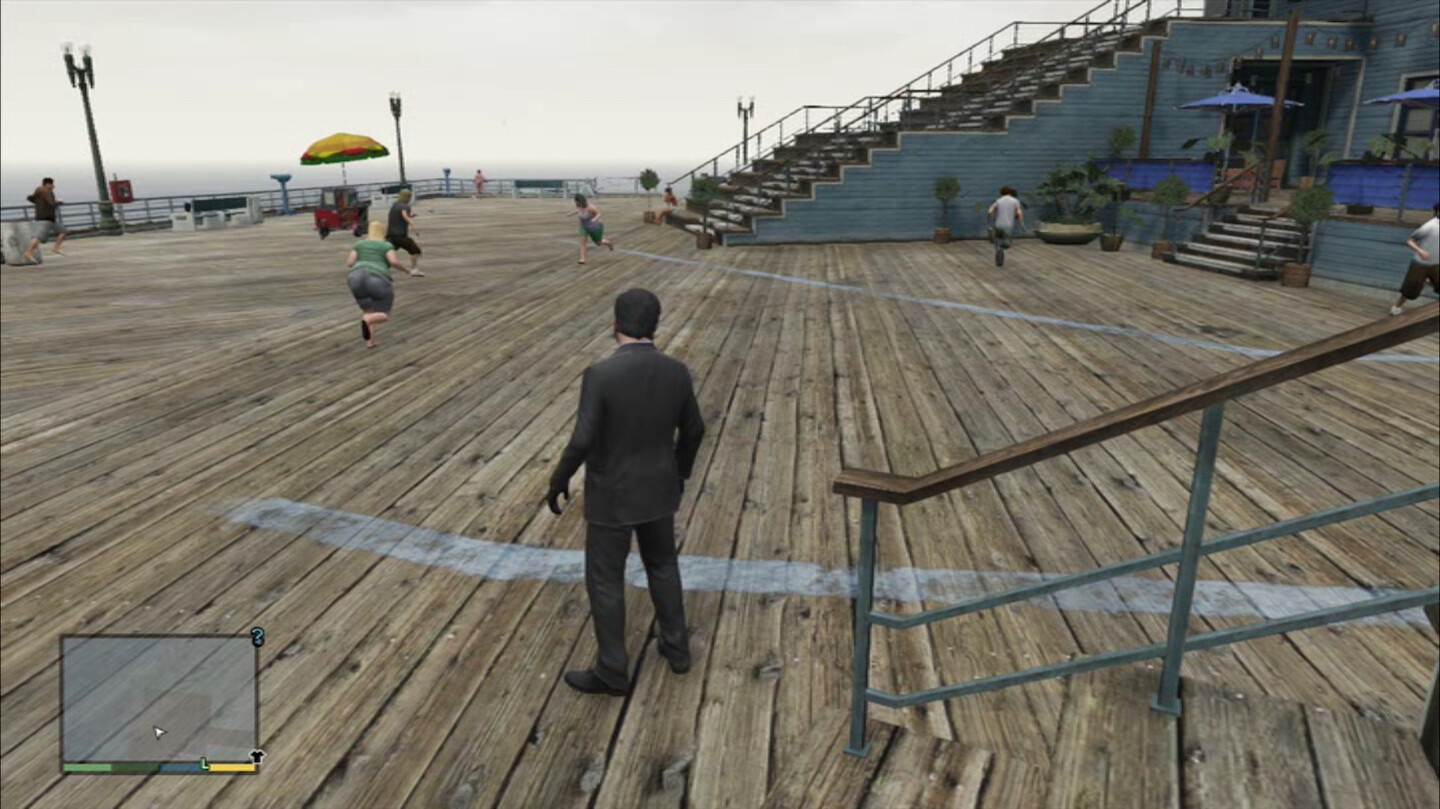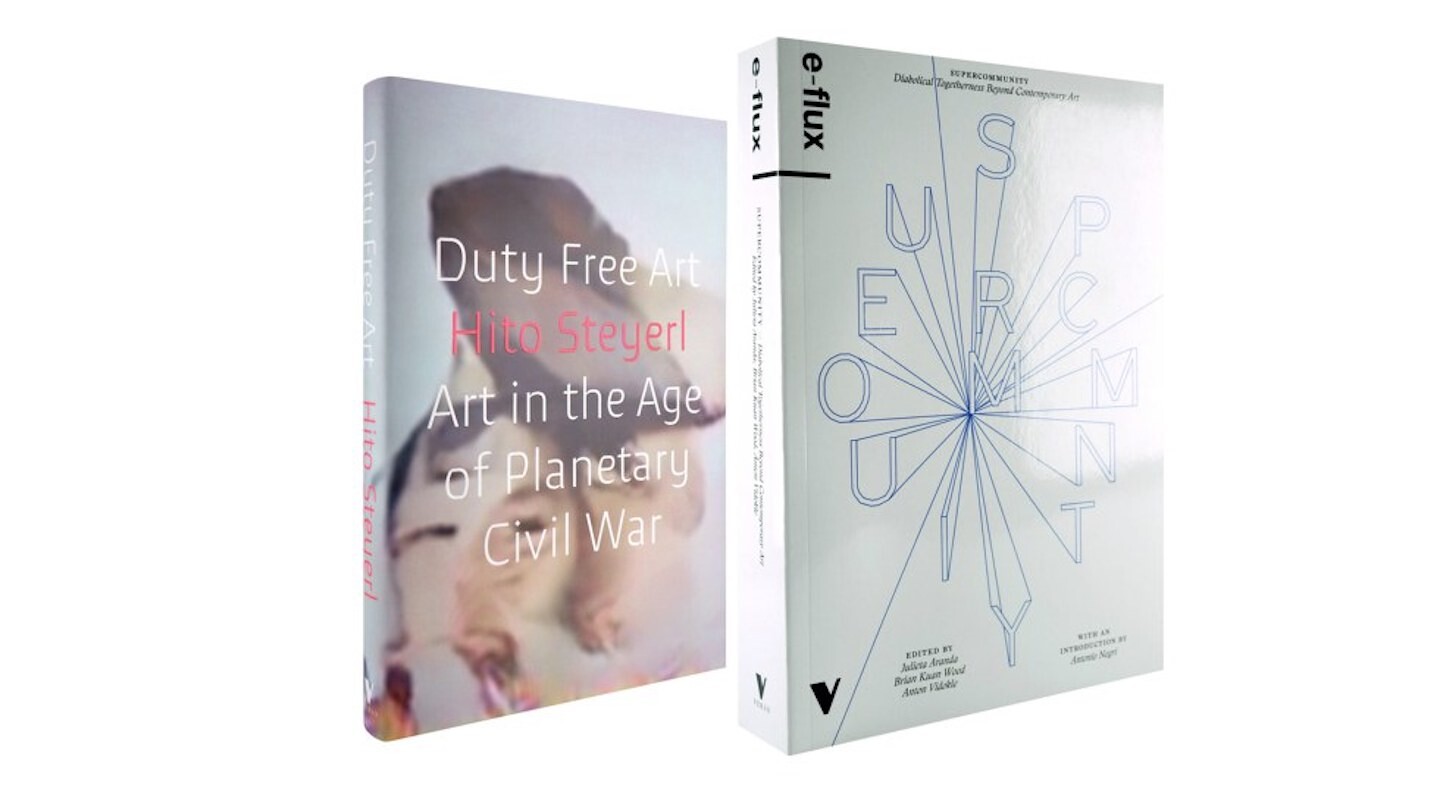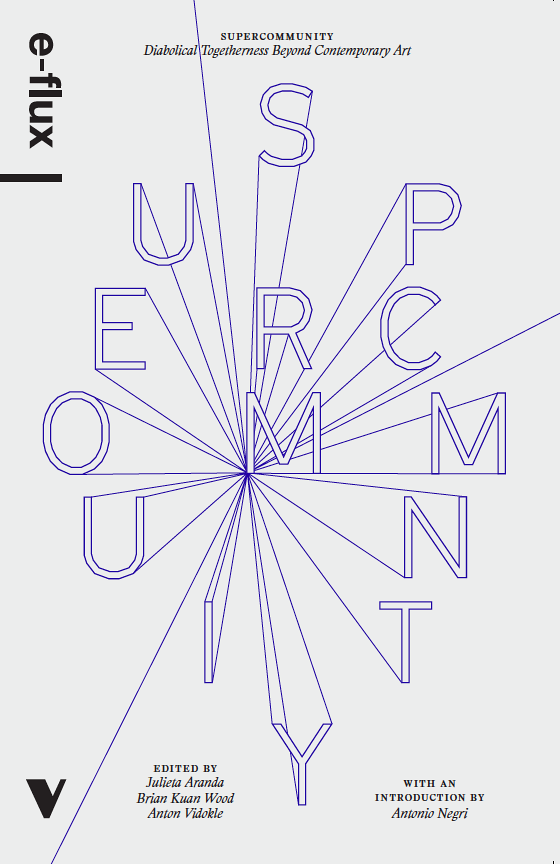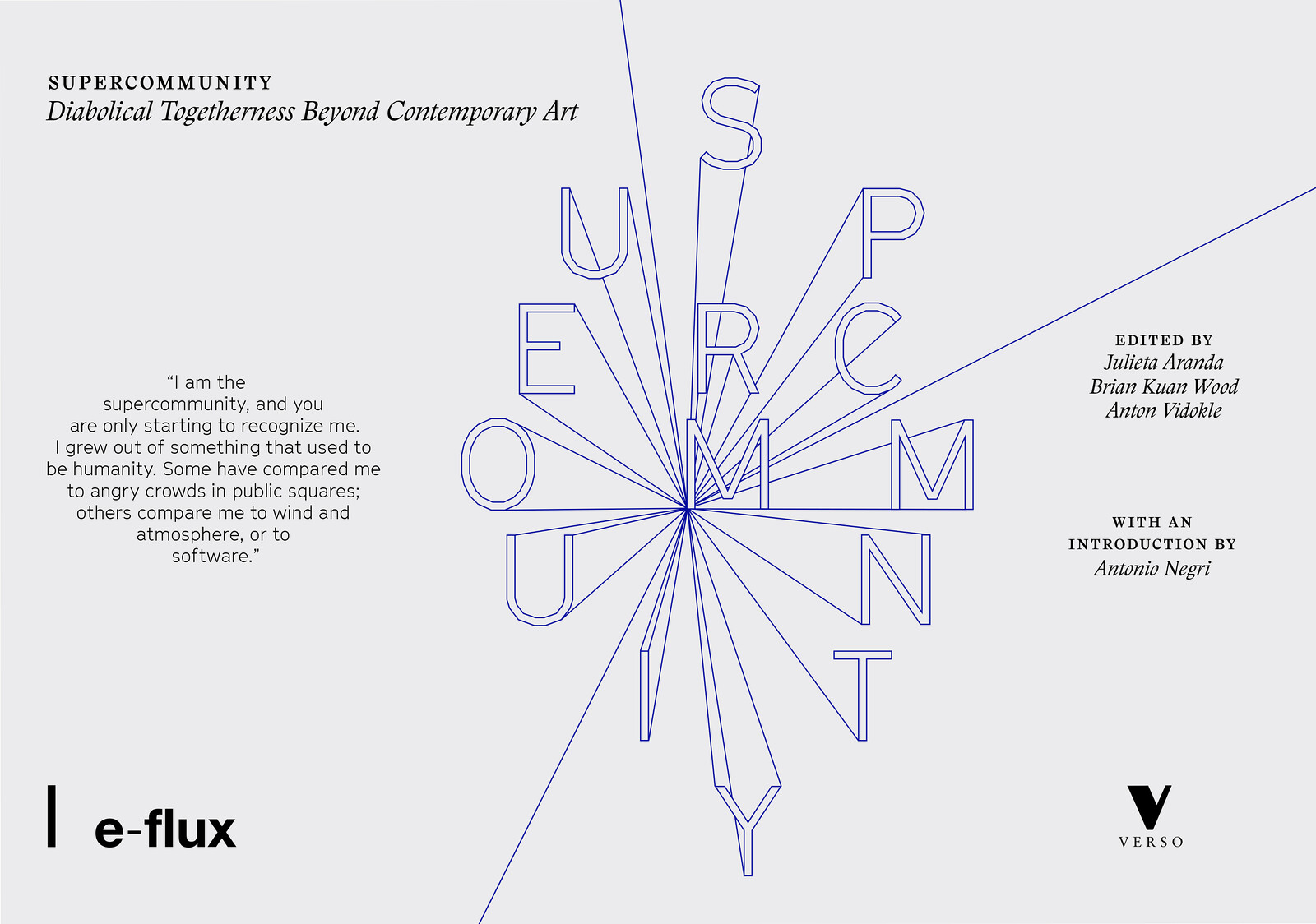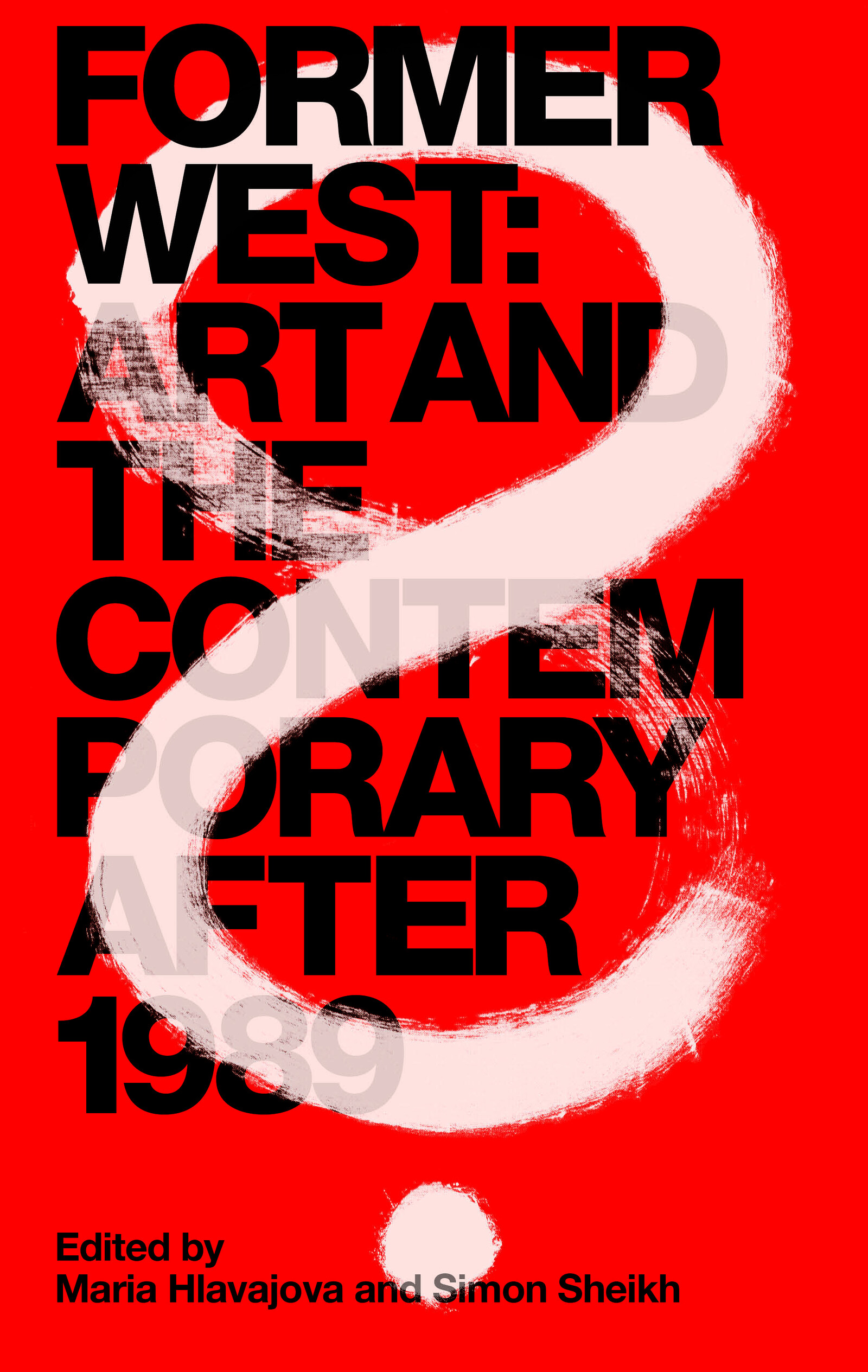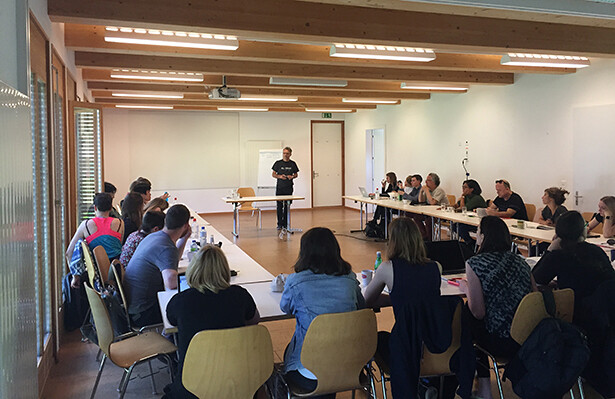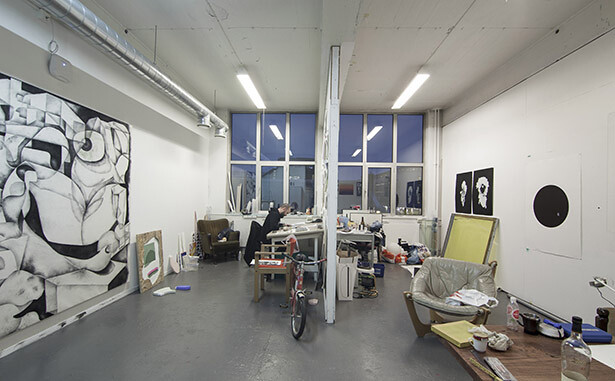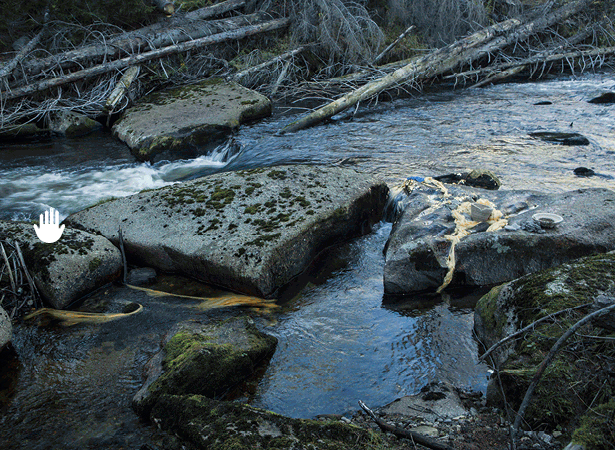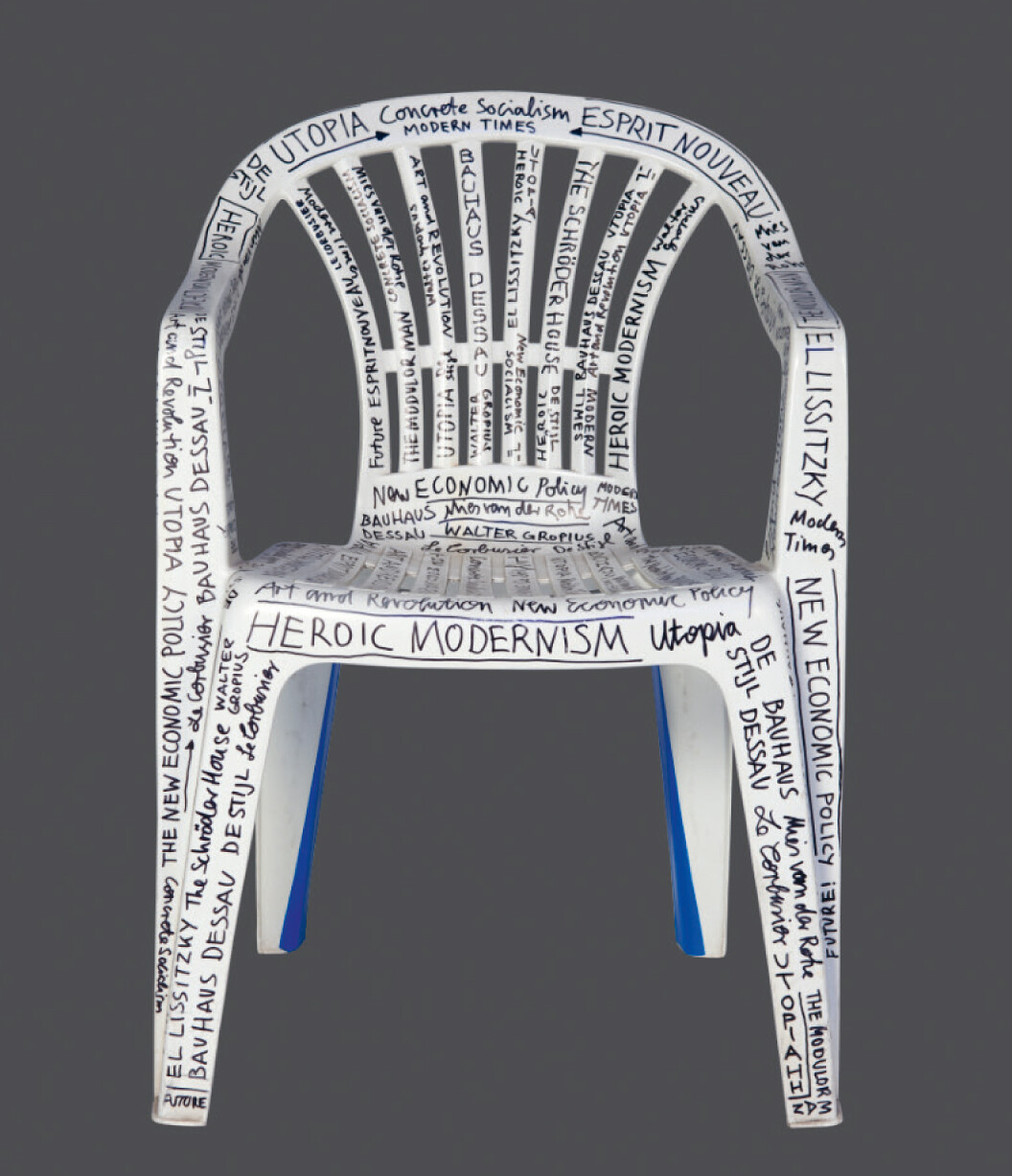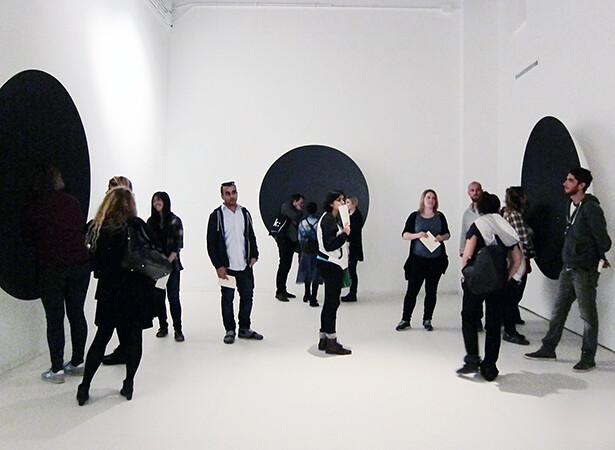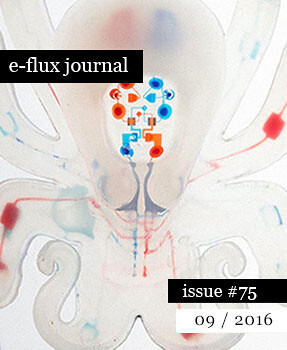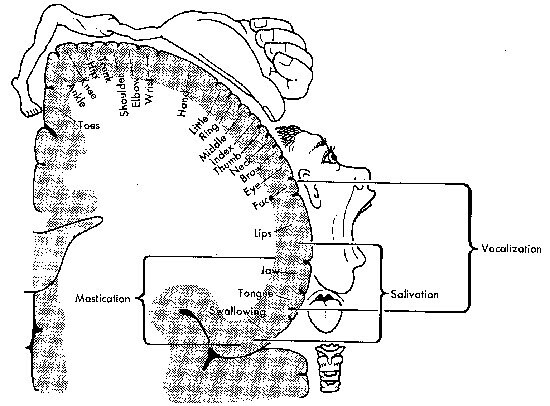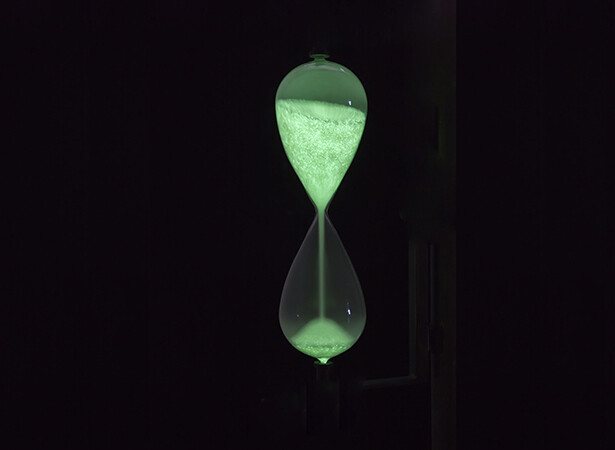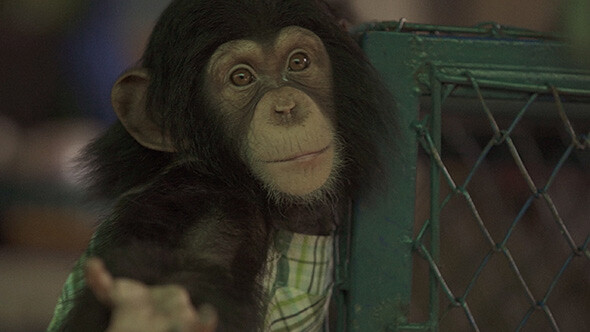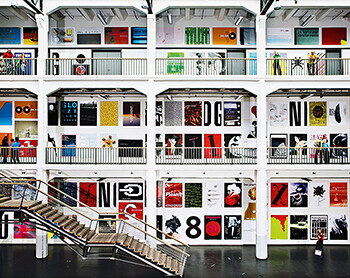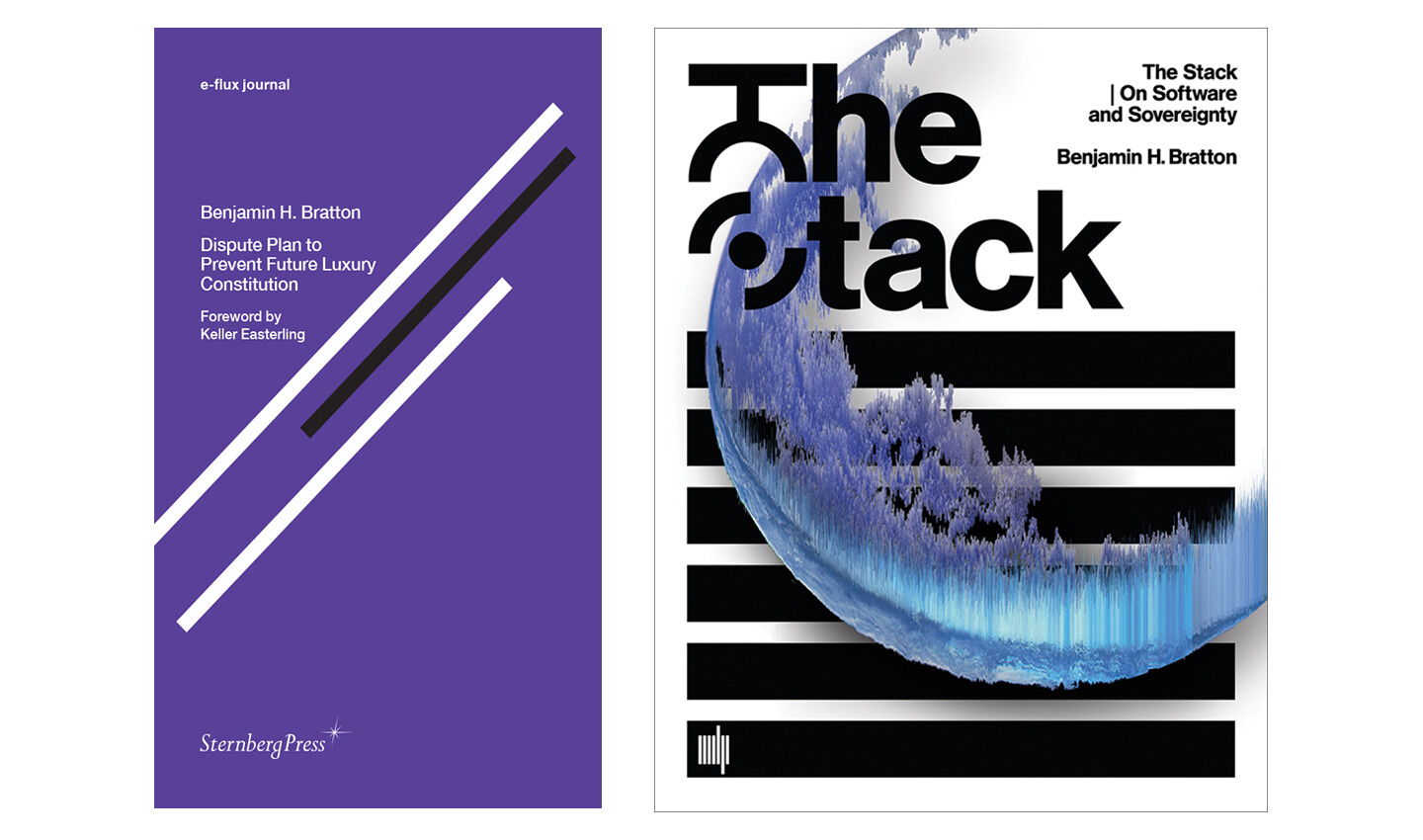Matteo Pasquinelli Read Bio Collapse
Matteo Pasquinelli is Associate Professor in Philosophy of Science at the Department of Philosophy and Cultural Heritage of Ca’ Foscari University in Venice, where he coordinates the ERC project AIMODELS. His latest book is The Eye of the Master: A Social History of Artificial Intelligence (Verso, 2023).
What is needed is neither techno-solutionism nor techno-pauperism, but instead a culture of invention, design, and planning that cares for communities and the collective, and never entirely relinquishes agency and intelligence to automation. The first step of techno-politics is not technological but political. It is about emancipating and decolonizing, when not abolishing as a whole, the organization of labor and social relations on which complex technical systems, industrial robots, and social algorithms are based—specifically their inbuilt wage system, property rights, and identity politics.
Navigation begins where the map becomes indecipherable. Navigation operates on a plane of immanence in constant motion. Instead of framing or representing the world, the art of navigation continuously updates and adjusts multiple frames from viewpoints within and beyond the world. Navigation is thus an operational practice of synthesizing various orders of magnitude.
Digital PTSD: The Practice of Art and Its Impact on Digital Trauma
What people call “AI” is actually a long historical process of crystallizing collective behavior, personal data, and individual labor into privatized algorithms that are used for the automation of complex tasks: from driving to translation, from object recognition to music composition. Just as much as the machines of the industrial age grew out of experimentation, know-how, and the labor of skilled workers, engineers, and craftsmen, the statistical models of AI grow out of the data produced by collective intelligence. Which is to say that AI emerges as an enormous imitation engine of collective intelligence. What is the relation between artificial intelligence and human intelligence? It is the social division of labor.
e-flux journal and Harun Farocki Institut present: “Art After Culture: Navigation Beyond Vision” at Haus der Kulturen der Welt
In more than 60 texts, first published on-site at 56th Venice Biennale, artists and writers trace the negative collective that is the subject of contemporary life.
BIG LIGHT: Federico Díaz
Dual book launch with Benjamin H. Bratton at the Center for Transformative Media
